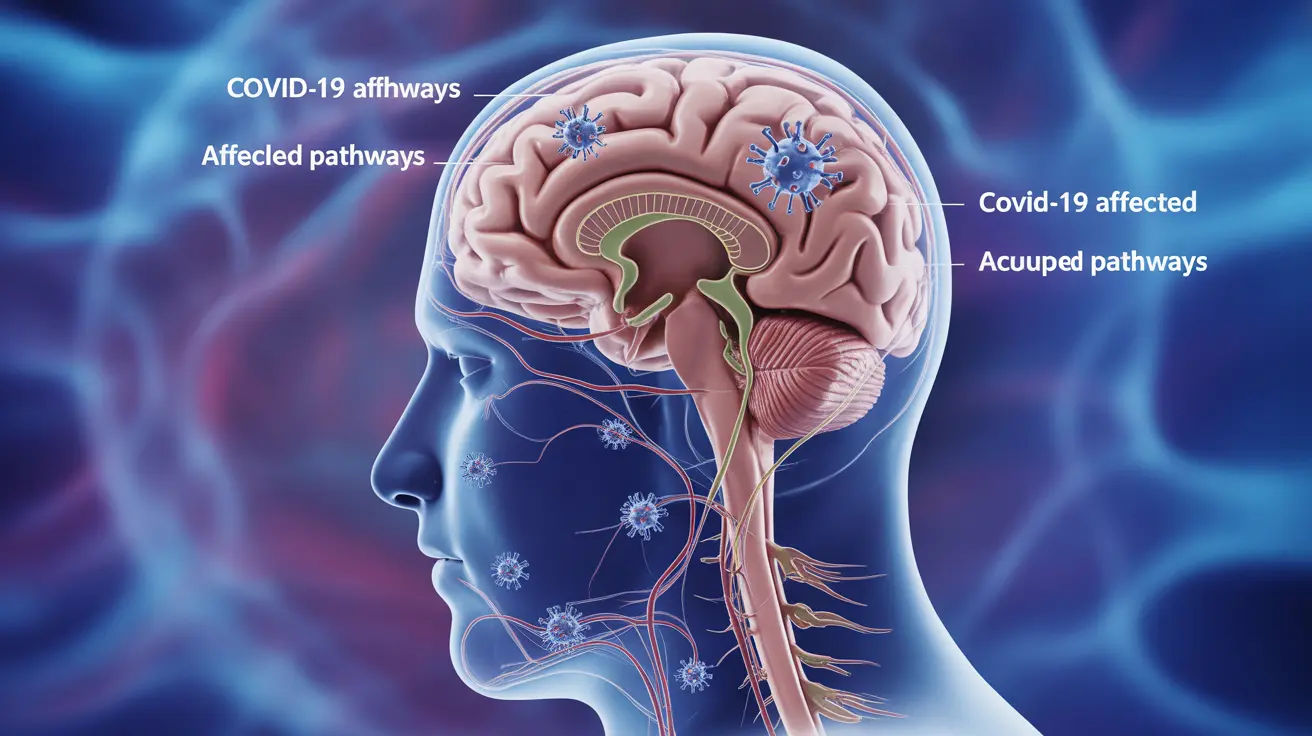The relationship between COVID-19 and seizures has emerged as a significant concern in the medical community. As researchers continue to study the neurological impacts of SARS-CoV-2 infection, evidence suggests that COVID-19 can affect the nervous system in various ways, including potentially triggering seizures in some individuals.
Understanding this connection is crucial for healthcare providers and patients alike, especially given the varying manifestations of COVID-19 and its potential neurological complications. This article explores the relationship between COVID-19 and seizures, with particular attention to risk factors, mechanisms, and management strategies.
The Link Between COVID-19 and Seizure Risk
COVID-19 can affect the nervous system both directly and indirectly, potentially leading to seizures in some cases. The virus may cause inflammation in the brain, disrupt blood flow, or trigger immune responses that affect neurological function. These effects can occur during active infection or even after recovery from the initial illness.
Research indicates that while seizures are not among the most common complications of COVID-19, they represent a serious concern that requires medical attention and proper management when they do occur.
Children and COVID-Related Seizures
Children appear to be particularly vulnerable to neurological complications from COVID-19, including seizures. This increased susceptibility may be related to several factors:
- Their developing immune system's response to the virus
- Different inflammatory patterns compared to adults
- The way the virus interacts with their developing nervous system
- Higher likelihood of developing fever, which can trigger febrile seizures in young children
Understanding the Mechanisms
Several mechanisms may explain how COVID-19 triggers seizures:
- Direct viral invasion of the nervous system
- Systemic inflammation affecting brain function
- Blood clotting abnormalities affecting brain circulation
- Metabolic disturbances
- Immune system responses affecting neurological function
Seizure Risk During and After COVID-19
Seizures can occur at various stages of COVID-19 infection, including:
- During active infection with severe symptoms
- In cases with mild or moderate symptoms
- Several weeks after apparent recovery
- As part of long COVID symptoms
Treatment and Management Approaches
Managing COVID-related seizures requires a comprehensive approach:
- Prompt medical evaluation and monitoring
- Anti-seizure medications when necessary
- Treatment of underlying COVID-19 infection
- Regular neurological assessment
- Close follow-up care, especially for children
Frequently Asked Questions
Can COVID-19 infection cause seizures or epilepsy, and how common is this complication?
Yes, COVID-19 can cause seizures and potentially lead to epilepsy in some cases. While exact statistics vary, studies suggest that neurological complications, including seizures, occur in approximately 1-2% of COVID-19 patients, though the risk may be higher in severe cases.
Why are children more at risk of developing seizures after COVID-19 compared to adults?
Children's increased risk relates to their developing immune and nervous systems, different inflammatory responses, and higher susceptibility to fever-induced seizures. Their immature blood-brain barrier may also allow for greater neurological impacts from the virus.
What mechanisms explain how COVID-19 might trigger seizures during or after infection?
COVID-19 can trigger seizures through direct viral invasion of the nervous system, systemic inflammation, blood clotting issues, immune responses, and metabolic changes. These mechanisms can affect brain function both during active infection and in the recovery period.
Can seizures occur in people with mild COVID-19 symptoms or after recovery from the acute infection?
Yes, seizures can occur in individuals with mild COVID-19 symptoms and even after recovery from the acute phase. Some patients have reported neurological symptoms, including seizures, as part of long COVID syndrome.
How should seizures related to COVID-19 be managed or treated, especially in children?
Management typically involves immediate medical evaluation, appropriate anti-seizure medication if necessary, treatment of the underlying COVID-19 infection, and close monitoring. Children may require specialized care and regular follow-up with pediatric neurologists to ensure proper management and prevention of future episodes.




